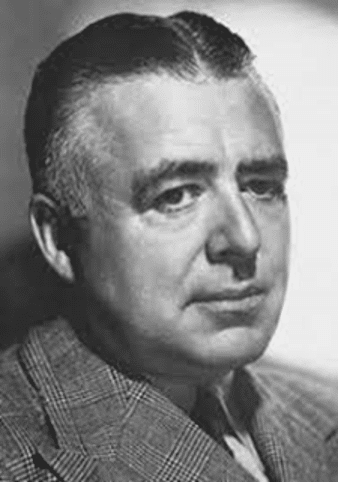This year, the university celebrates the 35th anniversary of the establishment of the highly regarded Clarence Brown Company at the University of Tennessee. Clarence and Marian Brown gave $11.2 million from their estate to establish an endowment that supports the Clarence Brown Theatre. Brown also made the initial gift that made the building of the theatre a reality. Brown, one of the university’s most accomplished alumni and one of its highest patrons, is a major figure in American cinema. In histories and memoirs, he is always listed among the most outstanding early directors, but because of his personal modesty and unwillingness to allow commercial exploitation of his career, the wide range of his contribution to motion picture art has never been fully explored.
A prodigy in many respects, Brown graduated from Knoxville High School in 1906, at the age of 15, and received special permission to enter UT to study engineering. Four years later, at the age of 19, he graduated with two degrees in engineering. During World War I, he learned to fly and served as an instructor in the air corps. In his early 20s, he started and ran his own successful car dealership in Birmingham, Alabama.
The auto industry did not hold his attention for long and Brown became fascinated with what were then called moving pictures. He talked his way into a job working as an assistant to the pioneering French director, Maurice Tourneur, who was making silent pictures in New Jersey. Brown moved up steadily in the film industry and signed a contract in 1927 with Metro Goldwyn-Mayer (MGM) where he directed and produced films until 1953. He groomed new stars such as Elizabeth Taylor and was a personal friend of his boss at MGM, Louis B. Mayer.
Brown was nominated for the Academy Award for best director six times during the 1930s. He made the transition from silent films to talkies with classics such as National Velvet and The Yearling and was the favorite director of screen legend Greta Garbo. Over the course of his career, Brown directed 52 feature-length films that were nominated for 38 Academy Awards and won eight. His film Intruder in the Dust, adapted from William Faulkner’s novel, won the prestigious United Nations Award from the British Academy Film Awards in 1950.
